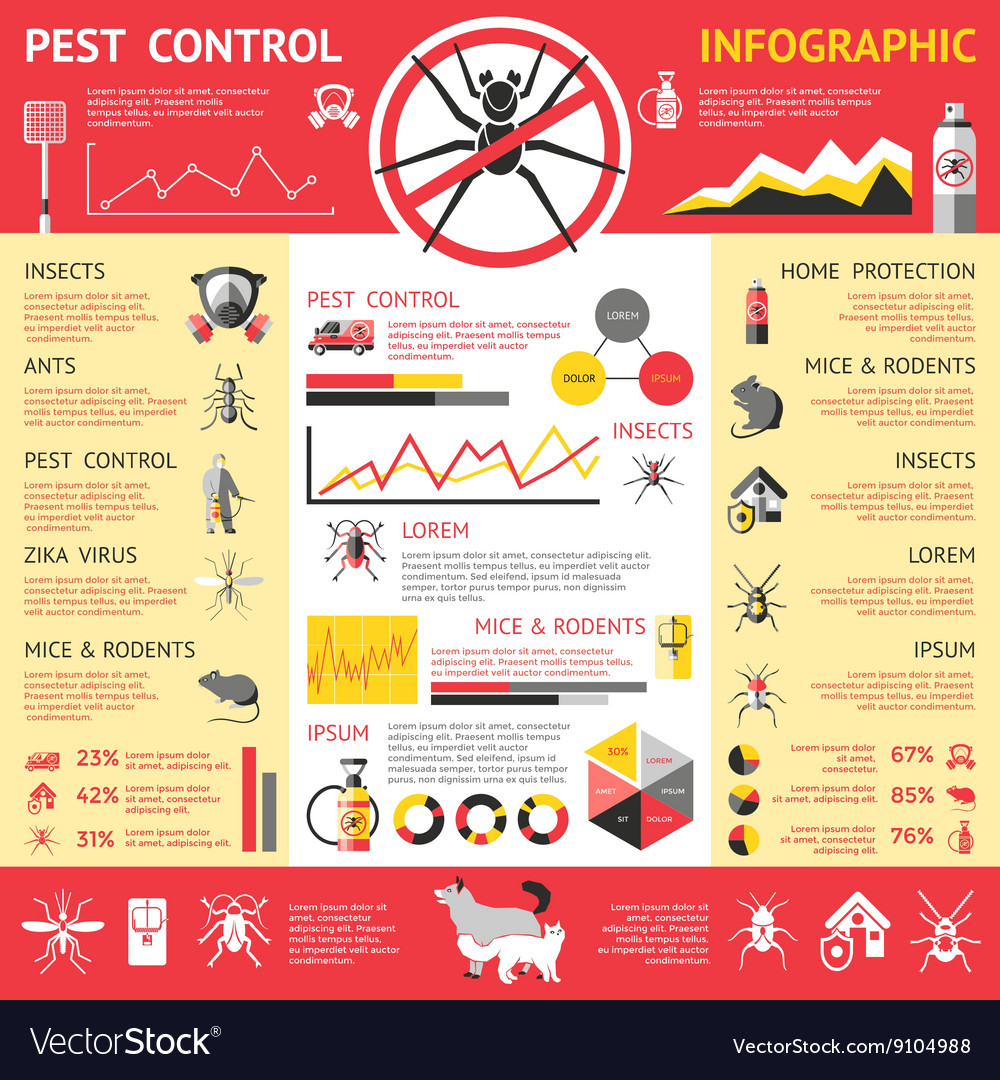Get Ready To Boost Your Garden Into A Place Devoid Of Insects And Insects With These Cutting-Edge Tips And Methods
Get Ready To Boost Your Garden Into A Place Devoid Of Insects And Insects With These Cutting-Edge Tips And Methods
Blog Article
Uploaded By- brooks pest control
Visualize your yard as a haven, a place of serenity and elegance. Nonetheless, the presence of outdoor bugs can rapidly disrupt this ideal picture. What if there were easy yet effective ways to keep these undesirable site visitors away and shield your garden oasis? By following a few practical suggestions and carrying out natural methods, you can create an unified outside room where your plants can flourish uninterrupted.
Natural Insect Deterrents
To keep insects away from your yard naturally, plant fragrant natural herbs like mint and lavender. These aromatic plants not only add appeal to your yard yet likewise function as efficient parasite deterrents. Insects like insects, flies, and also some garden-damaging bugs are driven away by the strong aromas given off by these natural herbs. Simply positioning them purposefully around your garden can help develop an all-natural barrier versus undesirable bugs.
Along with mint and lavender, think about growing other natural herbs like rosemary, basil, and lemongrass to even more improve your yard's pest-proofing capacities. These herbs not just function as all-natural repellents yet additionally have the included advantage of being useful in cooking or crafting homemade treatments.
Strategic Plant Placement
Take into consideration the format of your yard and the types of plants you have to strategically put them for optimum pest-proofing effectiveness.
Begin by organizing plants with comparable resistance to insects together. By doing this, you can produce a natural barrier that hinders insects from spreading throughout your yard.
Additionally, putting pest-repelling plants like marigolds, lavender, or mint near even more at risk plants can assist secure them. Tall plants, such as sunflowers or corn, can serve as a guard for shorter plants versus pests like bunnies or ground-dwelling pests.
Remember to leave sufficient space in between plants to improve air blood circulation and reduce the risk of diseases that pests might lug.
Furthermore, consider growing strong-smelling herbs like rosemary or basil near prone plants to puzzle insects' senses and make it harder for them to find their targets.
Efficient Insect Control Methods
For combating yard bugs effectively, executing a multi-faceted bug control technique is vital. Begin by urging all-natural killers like birds, ladybugs, and hoping mantises to aid maintain parasite populations in check. Presenting plants that attract these advantageous bugs can aid in pest control. Furthermore, practicing a-action pest control by removing particles and weeds where parasites could hide can make your garden less friendly to undesirable site visitors.
Think about using physical obstacles such as row cover textiles or netting to shield at risk plants from parasites like caterpillars and birds. Using natural pesticides like neem oil or insecticidal soap can additionally be effective versus specific bugs while being much less dangerous to beneficial bugs and the setting. It's important to rotate your plants each period to stop the accumulation of parasite populaces that target particular plants.
Consistently inspect your plants for indicators of pest damage so you can do something about it immediately. By integrating these techniques and remaining alert, you can properly manage garden insects and enjoy a growing, pest-free yard.
Conclusion
So, there you have it - with the appropriate strategies, you can keep pesky exterior insects away from your yard and help your plants prosper.
Did you understand that growing mint has been shown to ward off mosquitoes and various other insects, lowering the demand for hazardous chemicals by as much as 60%?
By including natural deterrents and smart planting techniques, you can develop a beautiful and pest-resistant yard sanctuary for you to enjoy.
